Areas of work: Human Rights & Refugees

QUNO Review 2025
The Quaker United Nations Office is pleased to announce the release of our 2025 QUNO Review. As in previous years,...
Read More

International Standards on Conscientious Objection to Military Service 2024
This updated paper lays out the ways in which conscientious objection has been recognized and is protected under human rights...
Read More

QUNO’s Engagement at the 60th Session of the IPCC
QUNO’s Human Impact of Climate Change programme, speaking on behalf of the Friends World Committee for Consultation, participated in the 60th Session...
Read More
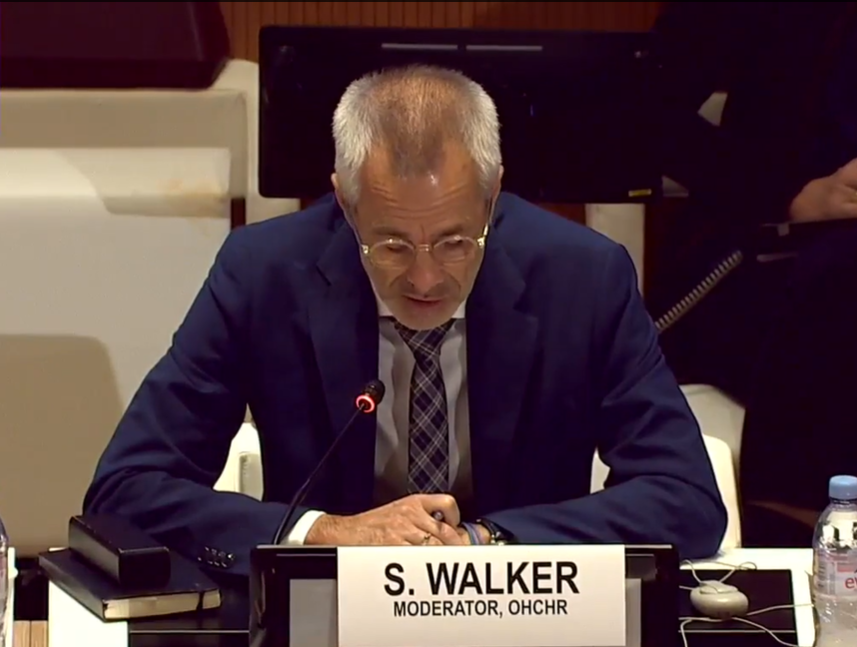
The right to conscientious objection to military service: connecting conscientious objectors and the UN
Building on our many decades of work to ensure recognition and implementation of the right to conscientious objection to military...
Read More

QUNO’s Submission to the Article 6.4 Supervisory Body
QUNO, on behalf of the Friends World Committee for Consultation (FWCC), offered this submission in response to a call for input...
Read More
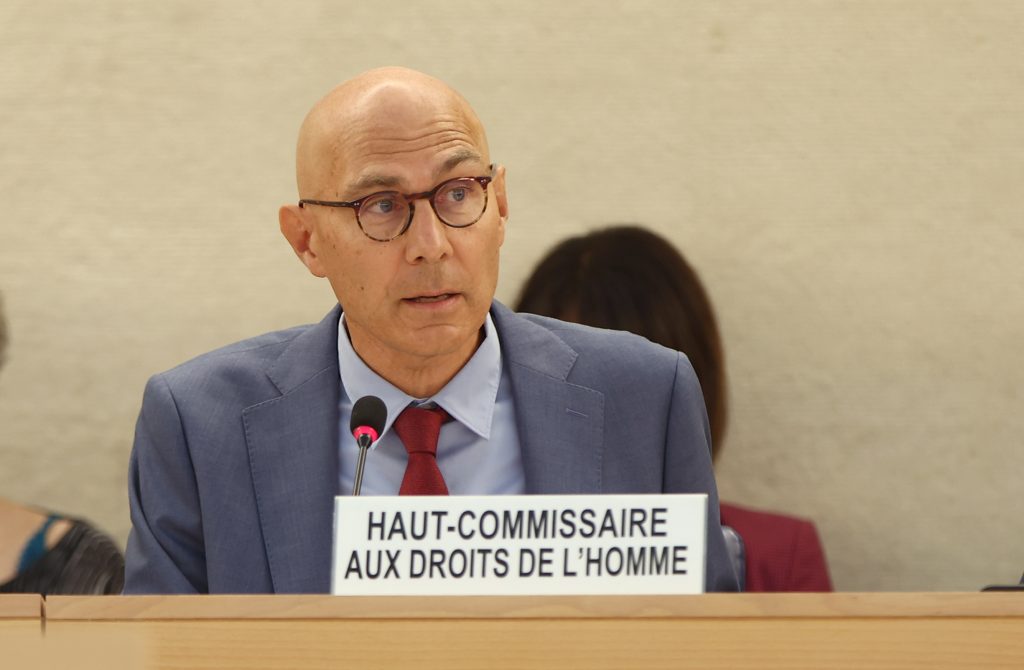
Deaths of refugees, migrants remain ‘unnoticed’
A global “nonchalance” at deaths of refugees and migrants is shocking, says Volker Türk, the United Nations (UN) High Commissioner...
Read More
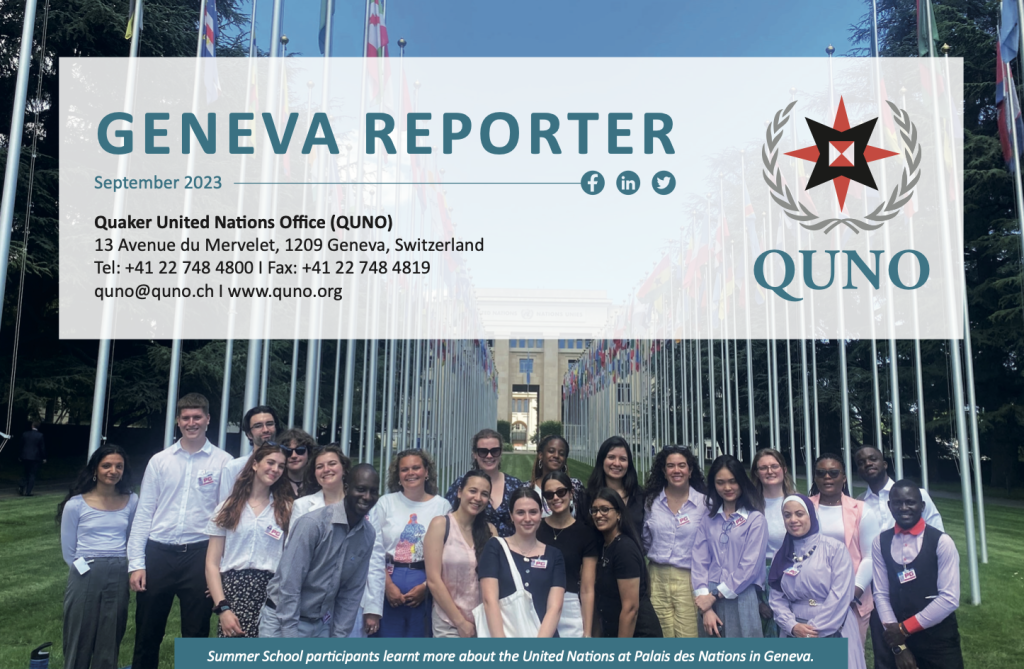
Geneva Reporter newest edition online for download
Every few months, the Quaker United Nations Office (QUNO) in Geneva publishes the Geneva Reporter newsletter. In this latest September...
Read More
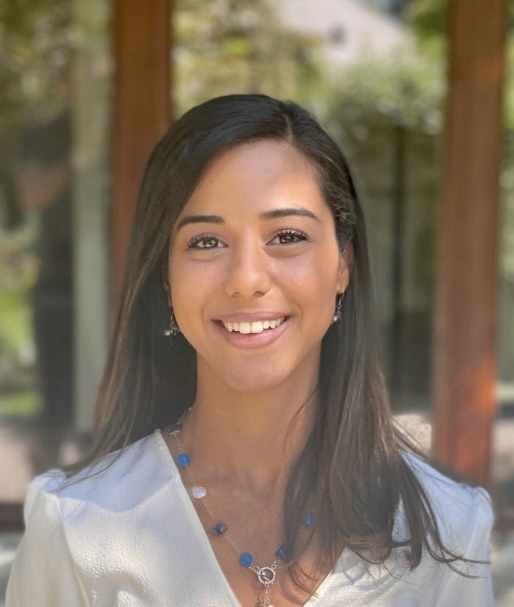
Reflections on a year with QUNO
The Quaker United Nations Office (QUNO) annually employs programme assistants to work with its Representatives at the United Nations (UN)...
Read More

Quakers involvement in the UN Human Rights Prize 2023
Established by the United Nations General Assembly in 1966 and awarded every five years since, the UN Prize in the...
Read More

Joint call for the UN Human Rights Council to respond to the global pattern of deaths, torture and other grave human rights violations at international borders
As part of our work to end lethal disregard for people on the move, the Human Rights and Refugees Programme...
Read More

Joint call for the UN Human Rights Council to respond to the global pattern of deaths, torture and other grave human rights violations at international borders
As part of our work to end lethal disregard for people on the move, the Human Rights and Refugees Programme...
Read More
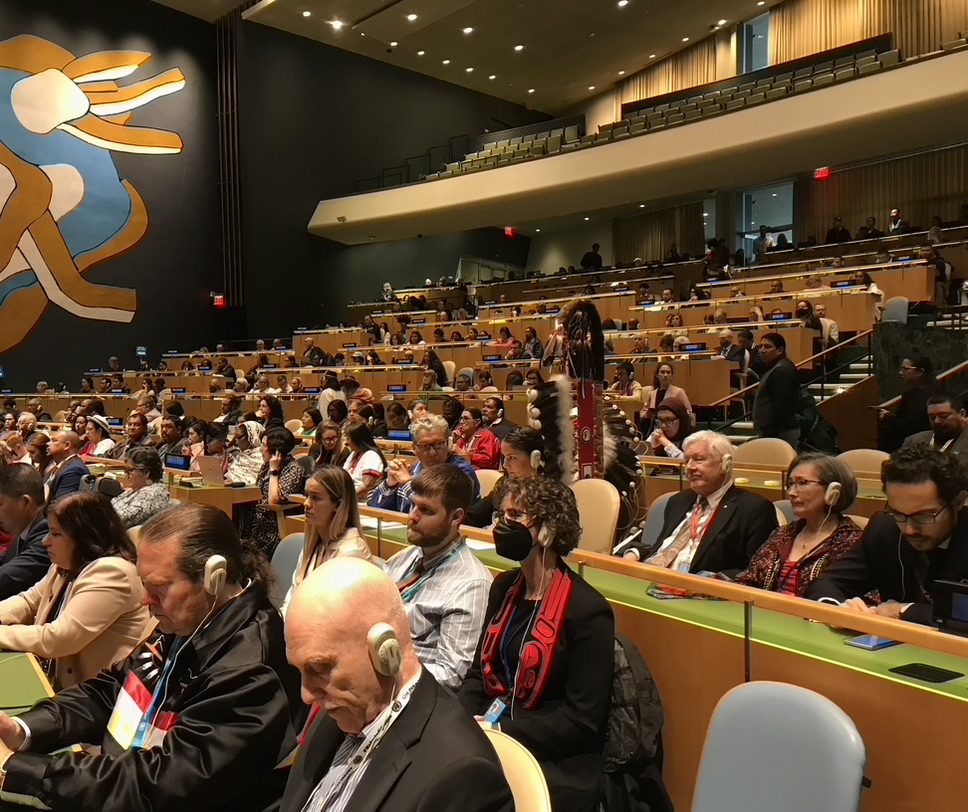
Quaker work at the United Nations Permanent Forum on Indigenous Issues
Away from the buzz of the UN, young Indigenous people gathered at Quaker House under the shade of the gingko...
Read More
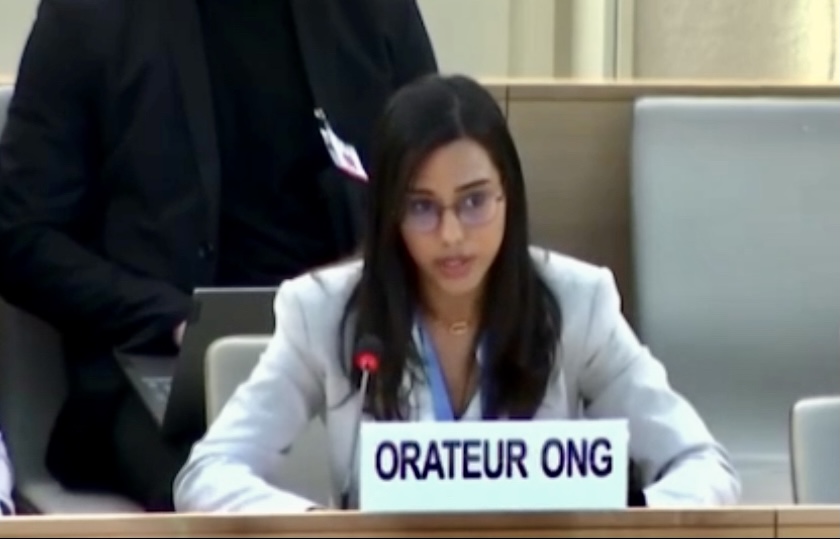
New Opportunities for Breaking the Barriers of Systemic Racism in Migration Governance
On 29 March, QUNO Geneva engaged with the work of the Human Rights Council on systemic racism. Human Rights and...
Read More
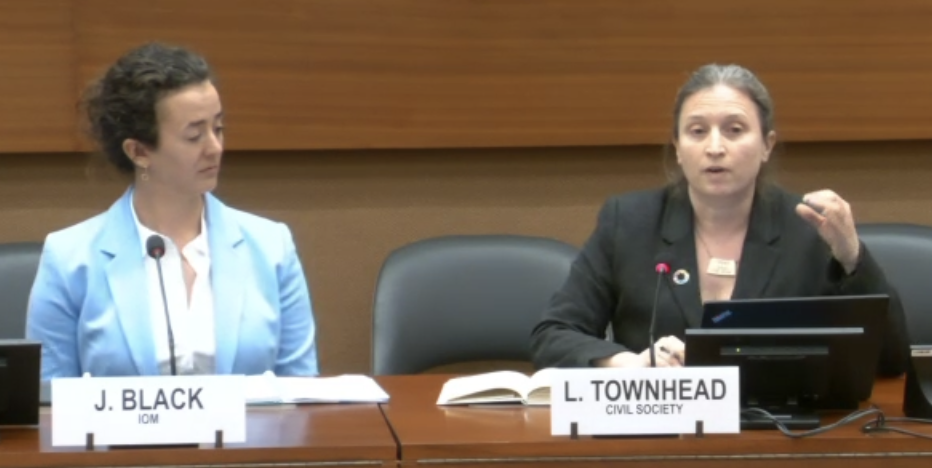
Ending lethal disregard for people on the move: working through the UN for migration justice
In line with our prioritisation of ending lethal disregard for people on the move as a core element of achieving...
Read More
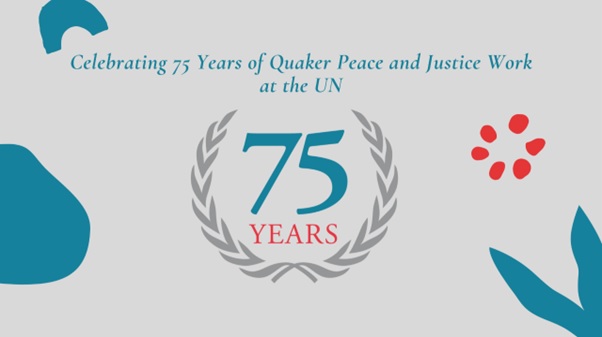
QUNO: 75 Years of a Trusted Presence at the United Nations
This year, 2023, marks 75 years since the Quakers United Nations Office (QUNO) was founded in 1948. QUNO represents Quakers...
Read More
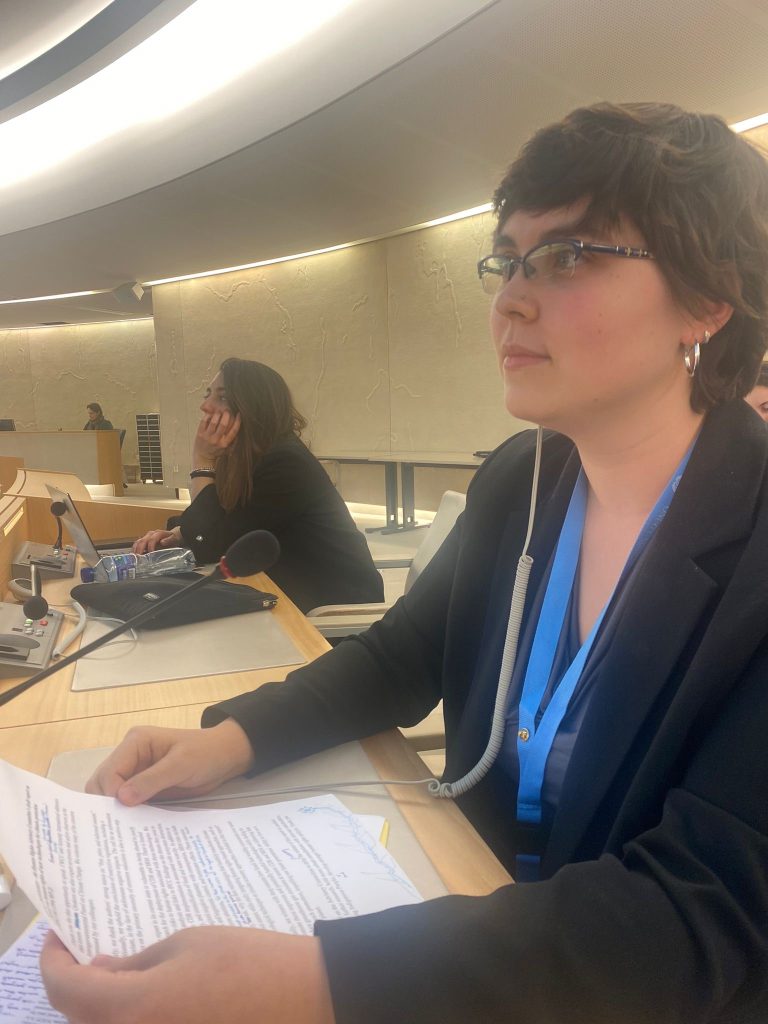
Intervention at the 29th Human Rights Advisory Committee on New Technologies for Climate Protection
On the 20th February, as part of the 29th meeting of the Human Rights Advisory Committee in Geneva, a discussion...
Read More
